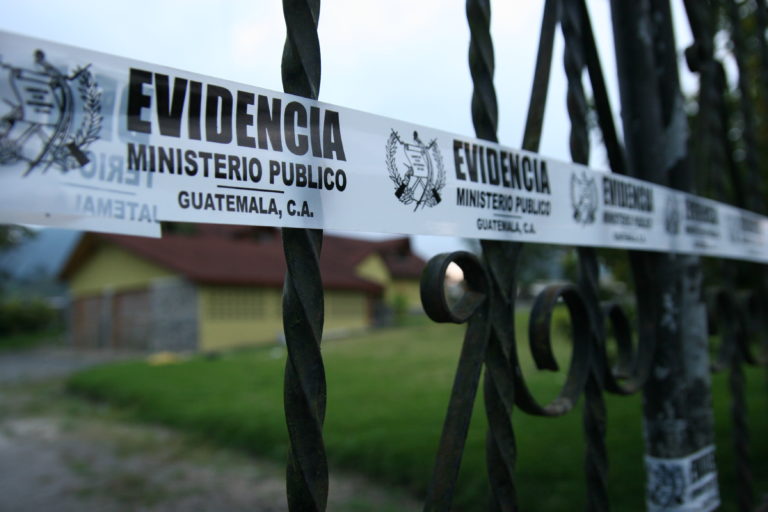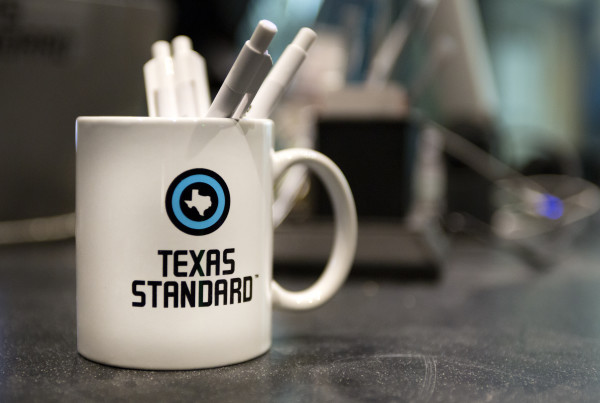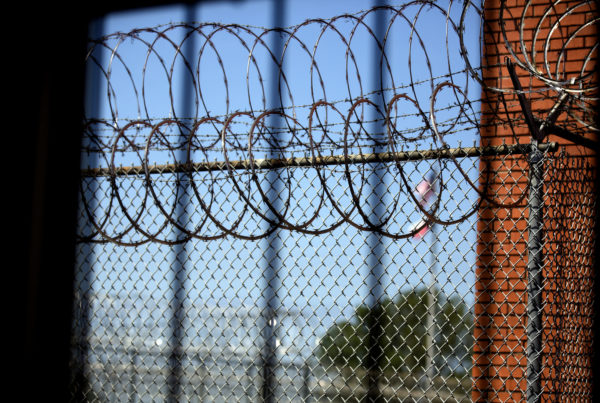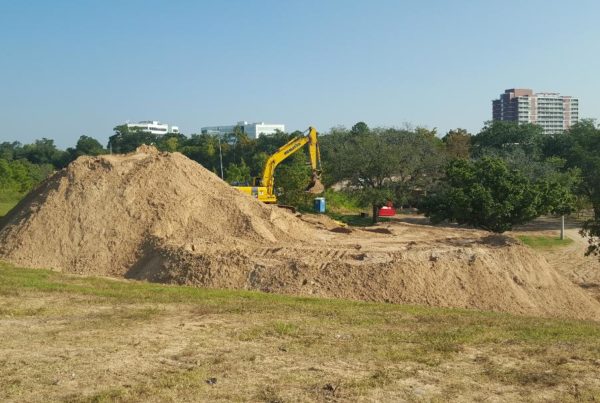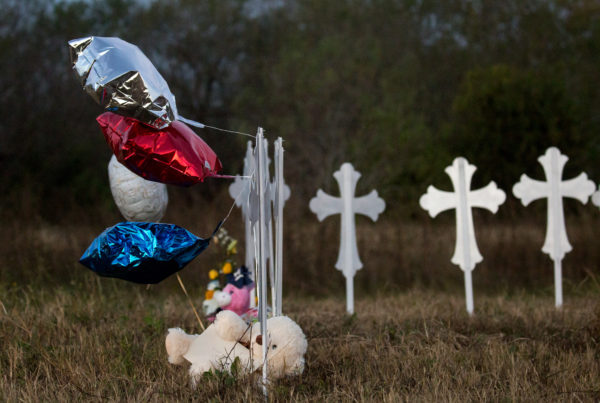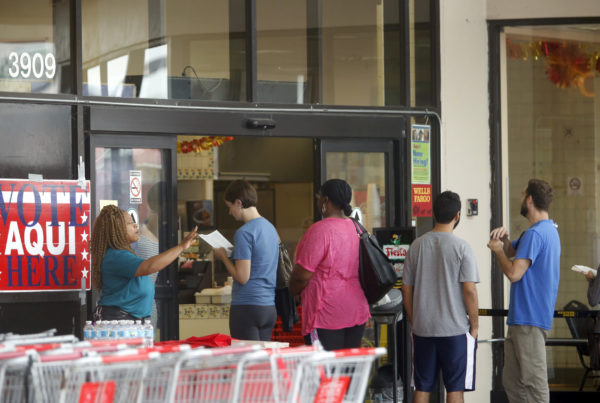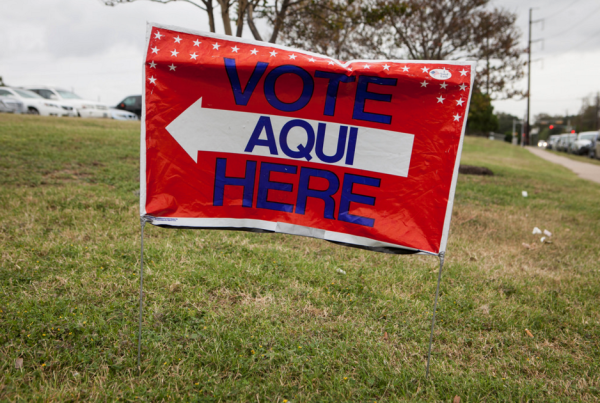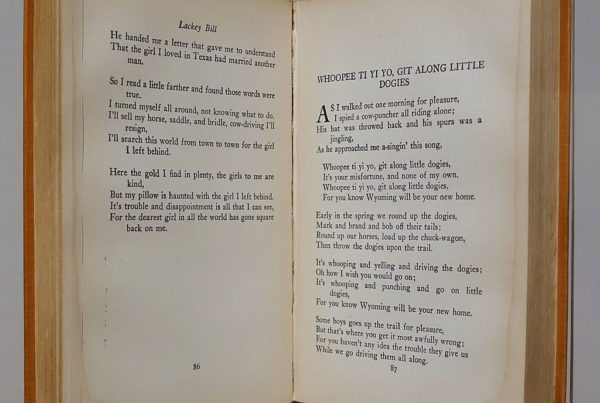A constitutional standoff between the Guatemalan president and a United Nations-led commission prosecuting corruption is triggering a crisis that Guatemala’s Central Bank acknowledges may damage the country’s economy, and spawn more illegal migration to the United States. Guatemalans in Vermont are among many within the Guatemalan diaspora in the United States who are dismayed by an attack on political reform, but buoyed by the response of thousands of their countrymen and women inside Guatemala.
In 2007, the U.N. helped establish the International Commission Against Impunity In Guatemala, known by its Spanish acronym, CICIG. The commission’s mandate is the targeting and prosecution of deep-rooted corruption, a corrosive force in Guatemala’s politics, economy and judicial system for generations. CICIG’s investigations helped force the resignation of a sitting Guatemalan president, Otto Pérez Molina, in 2015. He is currently in jail awaiting trial while his case proceeds after CICIG charged him and his former vice president Roxana Baldetti in a corruption case. The case is known as La Línea, or the Line, in which the Guatemalan customs agency offered companies bringing goods into Guatemala reduced import duties in return for money that was shared among dozens of government officials.
Two years later, Pérez Molina’s successor, a political newcomer and former television comedian Jimmy Morales, is embroiled in a new CICIG probe. He is being investigated by CICIG regarding links to allegedly illegal campaign funds received by his political party the National Convergence Front (FCN) during the 2015 election. Morales won the presidency by leveraging voter disdain for Pérez Molina. Morales’ campaign slogan, “neither corrupt nor a thief,” – “ni corrupto, ni ladrón” – struck a chord given his overwhelming margin of victory.
In late August, two days after CICIG’s chief prosecutor publicly revealed that Morales’ funding was under review, Morales declared the U.N.’s lead prosecutor in Guatemala, Colombian jurist Iván Velásquez, persona non grata, ordering Velásquez to leave the country. Although the expulsion order was swiftly blocked by the Guatemalan courts, Morales’ announcement spawned a series of street protests and revulsion by many Guatemalans abroad. The U.S., Canada and the European Union expressed disdain for the attempt to stymie Velásquez’ work.
Polls show that the work of prosecutor Velásquez has deep support. Guatemalan Congressman Fernando Linares, an ally of President Morales, isn’t in that camp. “We say that he has been doing selective persecution. He has not been selective or impartial,” Linares told me at the Guatemalan Congress.
The Guatemalan street does not appear to be buying that claim. Multiple politicians, lawyers and bankers are or have been targets of investigations.
Protests, a defensive president and the political instability that both imply make some international investors skittish. Guatemala receives loans from the World Bank and the Inter-American Development Bank, entities that tie their loans to progress against corruption. In an email, Guatemalan Central Bank President Sergio Recinos stated those loans are secure for now. But he said further private sector investment could be put on hold if tensions continue.
Julio Prado is one of the prosecutors who investigated the now jailed previous president, Pérez Molina.
“This is not just a political story. It’s an economic story also,” he said. “We have a president who is doing all he can to block the fight against corruption. So our concern is that international loans will slow down or even stop.”
However, Prado added that even if large-scale protests were to hamper international investment, he said it’s a price Guatemala should be willing to pay for longer term benefit.
“Finally the people have the courage to get out into the streets and say, ‘We want a better country, we want hope, we want a better political system.’”
The CICIG case in Guatemala is being monitored across the Americas. In the past two years, current and former presidents in Argentina, Bolivia, Brazil and Peru have been targets of corruption allegations. Those investigations have been led by local prosecutors in those countries who deployed CICIG principal tactic in Guatemala, specifically tracking the flow of money with heavily documented paper trails. The fate of anti-corruption work in Guatemala will help determine if it can continue to serve as a template for other nations as they confront corruption.


